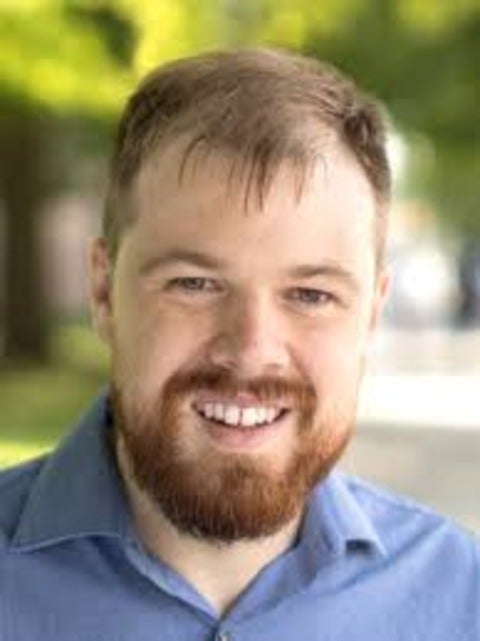Making waves
“Imagine being out on a lake on a windy day and you’re getting pushed around by waves,” says Marek Stastna, an oceanographer and professor in the Department of Applied Mathematics. “What you may not realize is that in the interior of the ocean, there are waves one hundred times that size. My passion is to create mathematical models of that type of movement.”
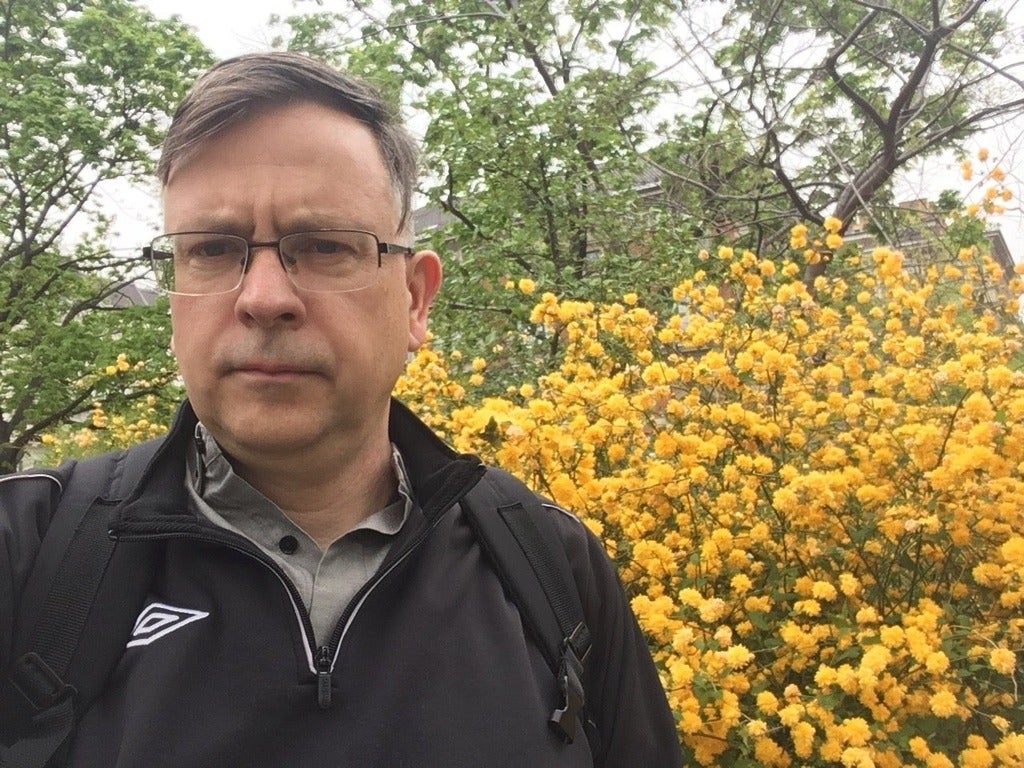
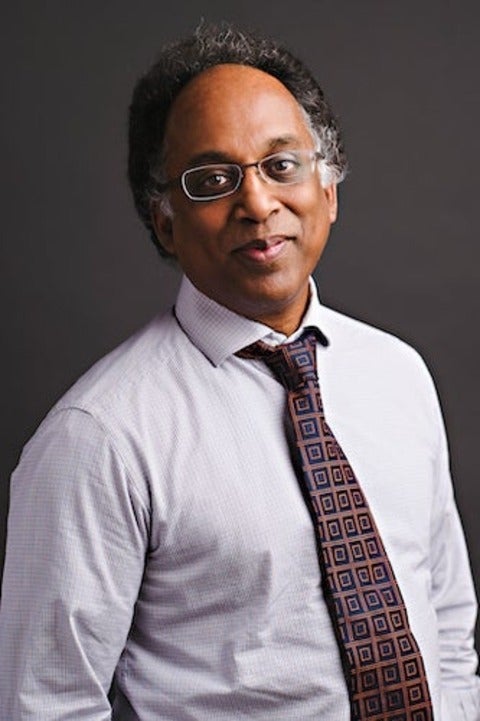
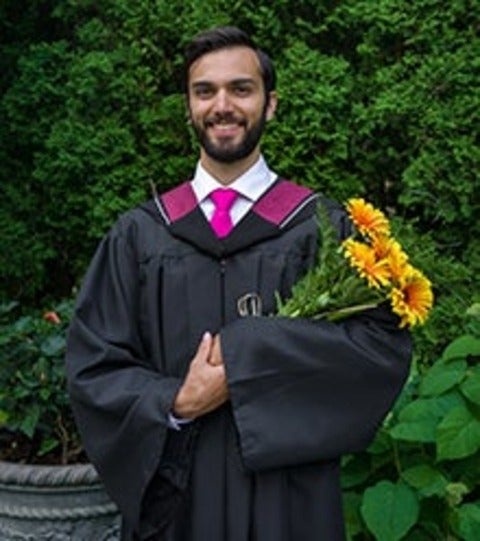
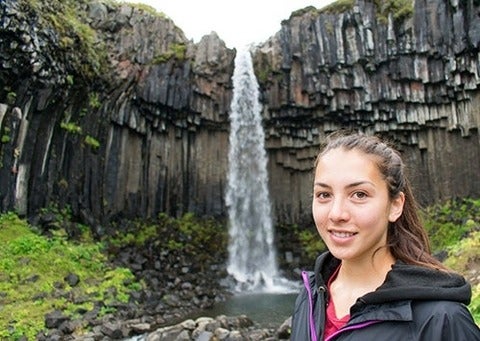


 Mathematical models can help figure out class sizes and configurations to minimize disruptions and school closures.
Mathematical models can help figure out class sizes and configurations to minimize disruptions and school closures.